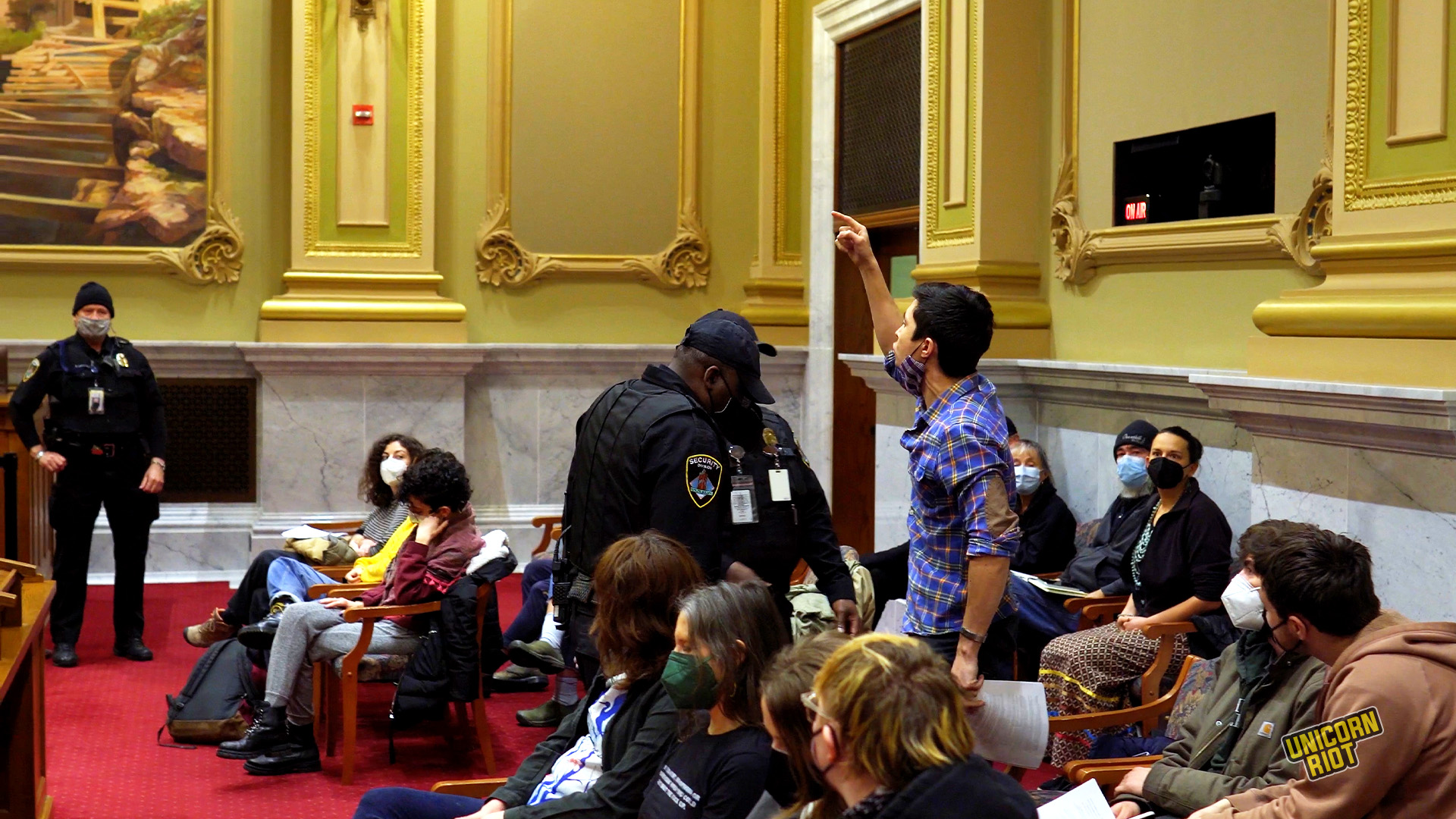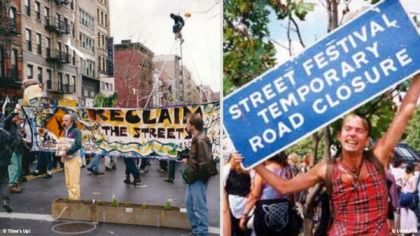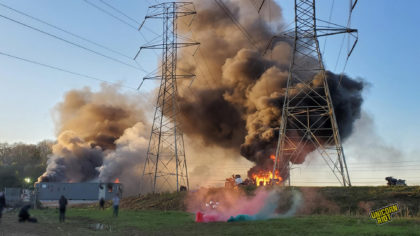‘Anti-Protest’ Measure Passes Minneapolis City Council
Minneapolis, MN – The Minneapolis City Council has passed two ‘anti-protest’ measures that would ask Minnesota state lawmakers to define “acceptable conduct” at open meetings and also ask the state to introduce legislation that would “provide for the safety of public officials and employees.”
The motion comes six years after the Minnesota State Supreme Court reversed a 2017 Disorderly Conduct case in Little Falls City Hall, citing First Amendment protections.
Many community members present for the March 9, 2023 Minneapolis City Council meeting asked why this was written, introduced, and passed so quickly following recent confrontations with city officials over the controversial Roof Depot site. The meeting was held without open public comment and one community member was ushered out of the meeting after confronting Council Member Michael Rainville.
On Feb. 23, organizers offered $30 gas cards to participate in a caravan to City Hall from some of the city’s poorest neighborhoods, ones that would potentially be affected the most by the Roof Depot demolition. Over 100 Little Earth residents and activists showed up to the Council Chamber in a failed attempt to gain the council’s re-vote against demolition. Only 30 people were allowed inside the courtroom, where the meeting was eventually disrupted in protest of the decision.
Later that afternoon, while at lunch, a local activist confronted one of the council members, LaTrisha Vetaw, who had voted in favor of moving forward with demolition. As the activist was documenting the interaction, Vetaw snatched their phone and then later pressed assault charges saying they had felt threatened.
Following those charges, two other council members, Emily Koski and Michael Rainville, then pressed charges against members of the Little Earth Indigenous community including AIM Chairman Mike Forcia, who had confronted them with camera phones, stating that they felt they had experienced “Terroristic Threats.” Videos below (1, 2) streamed by Little Earth resident Nicole Perez show some of the protest on Feb. 23.
In a March 14 interview with Minnesota Public Radio, Council Vice-President Linea Palmisano (who introduced both anti-protest motions) commented on the caravan, saying: “It did recently escalate to the point of protesting inside Council Chambers, but that was also paid protesters who were paid to show up with the purpose of shutting down the meeting, not just protesters who were so mad they weren’t being heard.”
Despite only a couple day notice of the motion coming to the public’s attention, activists rallied significant support. A letter signed by over 40 different organizations and approximately 800 constituents, was sent to City Council stating, “We do not support any attempt to limit the right to protest, we do not support any attempts to punish people for protesting or standing up for what’s right, and we urge them not to move forward with this motion.”
CJ McCormick, a community activist and organizer with the Climate Justice Committee, has spent a large amount of time organizing the fight against the Roof Depot demolition. McCormick said the city council actions are “part of a broader public relations counteroffensive” against movement building.
McCormick called the new measure “ridiculous” and said “the motion to push City lobbyists at the Capitol to increase penalties for protestors -which is under the guise of the Safety of Public Officials- is coming out of this context.”
“It’s us defending our own… We’re not gonna just let them say that Little Earth Residents are making ‘Terroristic Threats’ at a time when like, Forest Defenders, like 30 people or so just got charged with ‘Domestic Terrorism’ for attending a concert in the Weelanuee Forest in Atlanta … We can’t just let them keep attacking us like this when the cost of eco-defense keeps rising and rising.”
CJ McCormick, organizer with the Climate Justice Committee
During the meeting, council member Robin Wonsley echoed similar sentiments, saying, “It’s a dangerous line of rhetoric when we conflate Black and Indigenous residents’ genuine and justified fear about a harmful city led project, with ‘extreme violence’.” She continued:
“I also want to name that this is exactly where this is going, around the country, from the Dakota Access Pipeline protests to the Stop Cop City protests in Atlanta- there have been increased penalties that are being used as a tool of retribution by the state.“
Robin Wonsley, Minneapolis City Council member
The council meeting quickly turned upside down when residents voiced their concerns over the bill, only to be met with more frustration by council members walking out and the live feed mics being cut.
Tensions continue to mount as many Minneapolis residents continue to publicly share their feeling of being unheard for a while now. During the 2020 pandemic and uprising, public meetings went virtual, and public speaking times were reduced to two minutes per speaker due to a sudden influx of civic engagement. The number of council meetings open to public hearings became fewer and further between as a related result. Now, the meetings have resumed in person with speaking times still limited to only two minutes per person, and only the annual budget meetings open to hearing public speakers, according to the city council secretary.
The motion initially ended with a 6-5 vote in favor of pushing it forward, with Council President Andrea Jenkins abstaining, and longest serving Council Member Lisa Goodman popping her head in for a last second vote in favor, after walking out previously, resulting in a 7-5 final vote.
Watch the public broadcast of the March 9 meeting:
Non-profit organization Communities United Against Police Brutality put together several video clips on their Instagram page with information on the ‘anti-protest’ measure, labeling the measure as one that ‘criminalizes dissent.’
Follow us on X (aka Twitter), Facebook, YouTube, Vimeo, Instagram, Mastodon, Threads, BlueSky and Patreon.
Please consider a tax-deductible donation to help sustain our horizontally-organized, non-profit media organization:



